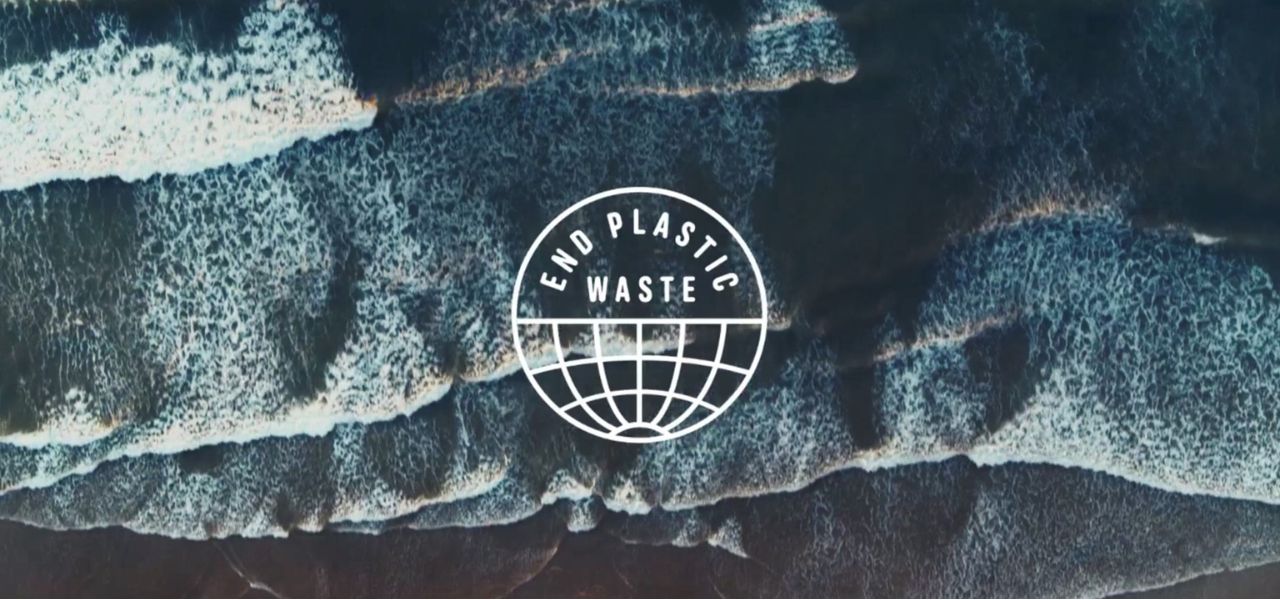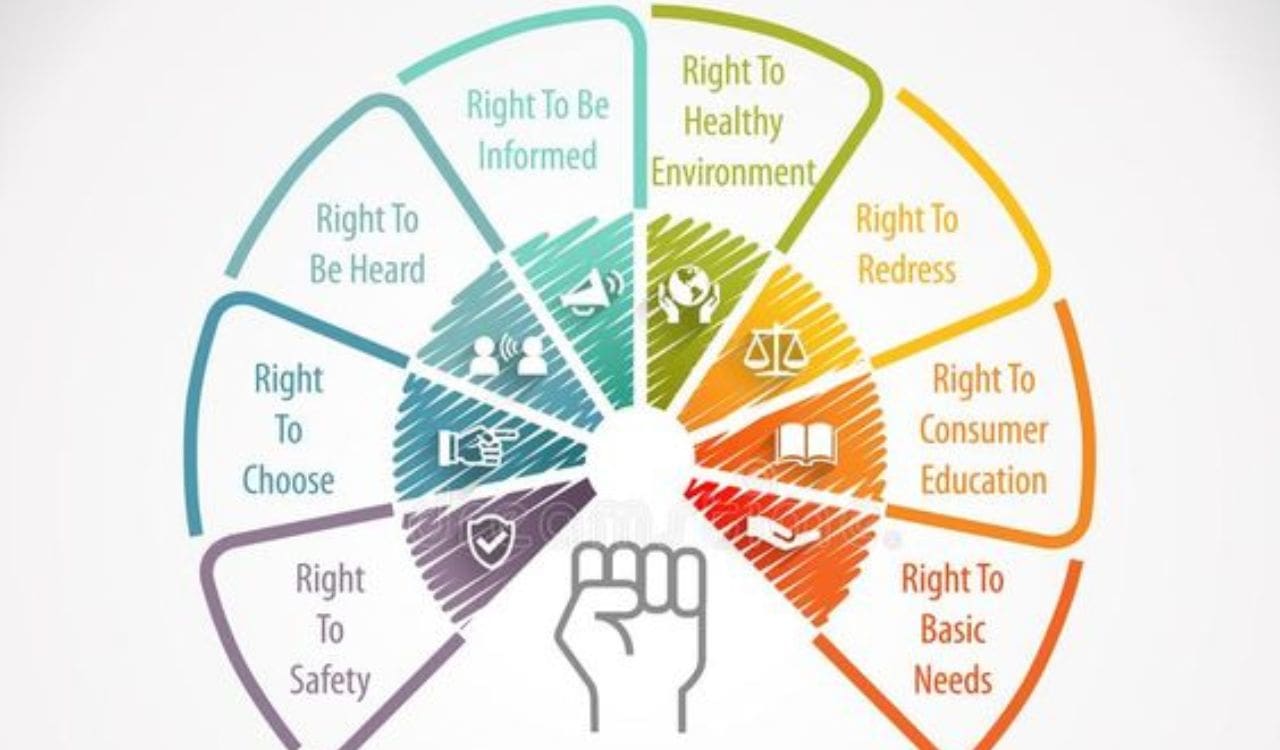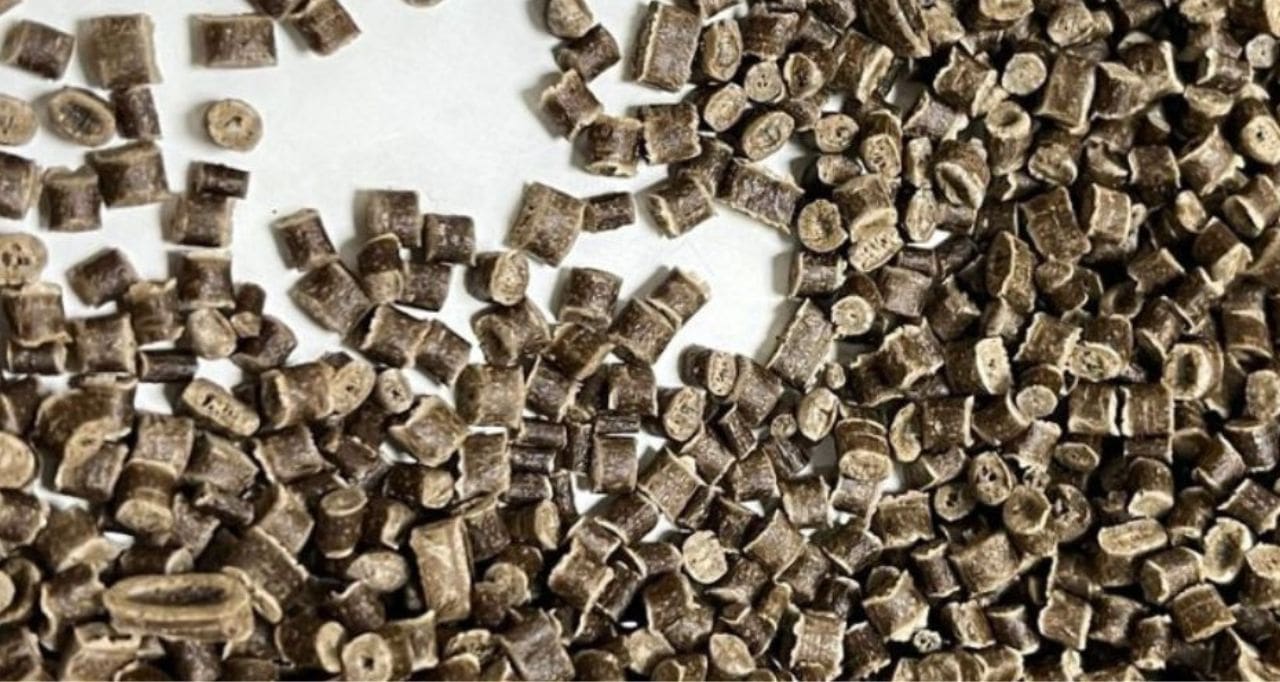Reducing Environmental Footprint: The Positive Impact of Sustainable Polyethylene

In an era where environmental sustainability is paramount, the positive impact of sustainable polyethylene cannot be overlooked. As a versatile and eco-friendly material, sustainable polyethylene offers a promising solution for reducing our environmental footprint. This article delves into the various ways in which sustainable polyethylene contributes to a greener future.
From its renewable feedstocks to its recyclability, sustainable polyethylene embodies the principles of sustainability. By exploring its applications across industries and highlighting real-life success stories, we uncover the immense potential of sustainable polyethylene in driving positive change. Join us as we delve into the world of sustainable polyethylene and its role in reducing our environmental impact.
Innovations and Advancements in Sustainable Polyethylene
Sustainable polyethylene continues to evolve as new technologies and initiatives drive progress in production, recycling, and sourcing. This section explores the latest innovations shaping the future of sustainable polyethylene.

Emerging Technologies in Production and Recycling: Companies are investing in research and development to improve the production process of sustainable polyethylene. Advanced techniques such as bio-based fermentation, enzymatic polymerization, and catalytic conversion are being explored to enhance efficiency, reduce energy consumption, and minimize waste.
In addition, breakthroughs in recycling technologies are enabling the efficient recovery and reprocessing of post-consumer and post-industrial polyethylene waste. Innovative methods like chemical recycling and depolymerization are gaining traction, contributing to the circularity of sustainable polyethylene.
Bio-based Feedstocks and Renewable Sources: The use of bio-based feedstocks derived from renewable sources is a key driver in the development of sustainable polyethylene. Feedstocks such as sugarcane, corn, and cellulose are being utilized to produce bio-based ethylene, the building block of polyethylene. This reduces reliance on fossil fuels, lowers greenhouse gas emissions, and promotes a more sustainable supply chain.
Collaborations and Industry Initiatives: The advancement of sustainable polyethylene is fueled by collaborations and industry-wide initiatives. Companies across the value chain, including manufacturers, suppliers, and end-users, are coming together to share knowledge, resources, and best practices. Partnerships between academia, research institutions, and private entities foster innovation and drive the adoption of sustainable practices.
Industry initiatives, such as sustainability certifications and standards, play a crucial role in setting guidelines and benchmarks for the production and use of sustainable polyethylene. These initiatives promote transparency, traceability, and accountability, ensuring the integrity of sustainable products.
By embracing emerging technologies, utilizing bio-based feedstocks, and fostering collaborations, the industry is advancing sustainable polyethylene, paving the way for a more environmentally friendly and circular economy. These innovations provide promising prospects for the future, enabling sustainable polyethylene to meet the growing demand for eco-friendly materials and contribute to a greener world.
Consumer Perception and Market Demand
In recent years, there has been a significant shift in consumer perception and market demand towards sustainable materials, including sustainable polyethylene. This section explores the growing awareness and preference for sustainable materials, along with market trends and consumer expectations.

1.Growing Awareness and Preference for Sustainable Materials: Consumers are increasingly recognizing the importance of making environmentally conscious choices. They are becoming more aware of the detrimental effects of traditional plastics on the planet and are actively seeking alternatives. Sustainable polyethylene, with its eco-friendly characteristics and reduced environmental impact, has gained attention as a viable solution. Consumers are now actively seeking products and packaging made from sustainable polyethylene, aligning their purchasing decisions with their values.
2. Market Trends and Consumer Expectations: The market for sustainable materials, including sustainable polyethylene, is witnessing significant growth. Companies that offer sustainable products are experiencing increased demand and market competitiveness. This trend is driven by consumers' desire for eco-friendly options and their willingness to support businesses that prioritize sustainability. As a result, industries such as packaging, automotive, textiles, and consumer goods are incorporating sustainable polyethylene into their product offerings to meet consumer expectations and stay ahead in the market.
Consumer expectations are shifting towards products that are not only functional and high-quality but also sustainable. Consumers want assurance that the products they purchase are made with environmentally friendly materials, including sustainable polyethylene. They are actively seeking transparency and sustainable certifications, making informed choices that positively impact the environment.
By understanding consumer perception and market demand for sustainable materials like polyethylene, businesses can align their strategies to meet these expectations. Incorporating sustainable polyethylene into product lines not only attracts environmentally conscious consumers but also positions companies as leaders in sustainability, fostering brand loyalty and contributing to a greener future.
Case Studies: Successful Implementation of Sustainable Polyethylene

Real-life examples of companies utilizing sustainable polyethylene, such as AirX, showcase the positive outcomes and significant environmental impact achieved through its implementation.
AirX: A leading company in sustainable materials, AirX has successfully integrated sustainable polyethylene into their product offerings. By leveraging renewable feedstocks and innovative production processes, they have developed eco-friendly packaging solutions. These solutions not only provide the same level of functionality and performance as traditional polyethylene but also significantly reduce environmental impact. AirX's commitment to sustainability and their successful implementation of sustainable polyethylene have garnered recognition and praise within the industry.
You can learn more about:Plant-based Polyethyleneor Renewable Polyethylene
Positive Outcomes and Environmental Impact
The adoption of sustainable polyethylene has yielded several positive outcomes. Firstly, it has reduced the reliance on fossil fuels, as renewable feedstocks are used in its production. This, in turn, decreases greenhouse gas emissions and mitigates climate change. Secondly, sustainable polyethylene promotes the concept of a circular economy by enabling recyclability and reducing waste. It contributes to the overall reduction in plastic pollution and fosters a more sustainable and responsible approach to material usage. Lastly, the successful implementation of sustainable polyethylene by companies like AirX has served as an inspiration for other businesses, encouraging them to adopt more environmentally friendly practices and products.
These case studies highlight the potential and effectiveness of sustainable polyethylene in achieving positive environmental outcomes. By showcasing real-life examples and emphasizing the success of companies like AirX, it becomes evident that sustainable polyethylene can be a game-changer in reducing environmental impact and promoting a more sustainable future.
Contact us
AirX is the world’s first carbon-negative bio-material made from coffee grounds manufacturer.
We specialize in producing bio-based composites using recycled carbohydrates derived from by-products such as coffee grounds, coconut husk, husk, and bamboo. Our goal is to promote sustainability through the use of eco-friendly materials.
We are always here to help and provide the best service possible. If you have any questions or would like to receive advice and feedback directly from our sales staff, please do not hesitate to contact us. You can reach us through:
- Whatsapp: +84 969 742 950
- Email: [email protected]
We look forward to hearing from you!

